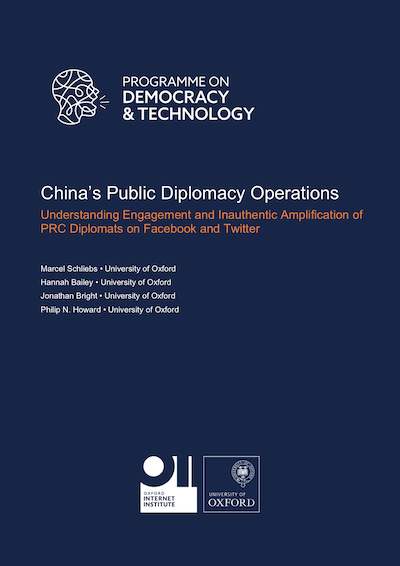
Marcel Schliebs
DPhil Student
Marcel is a doctoral candidate in Social Data Science and Researcher at the Computational Propaganda Project. His research is at the intersection of political science, statistics and computer science, with a focus on elections and disinformation.




